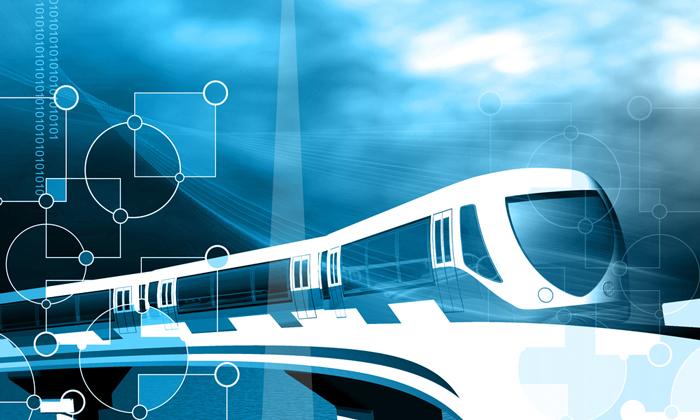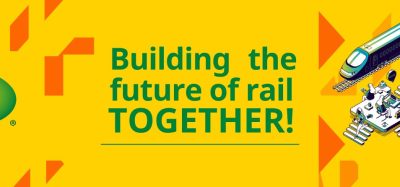Increased knowledge sharing between transport modes could speed up development & reduce cost of autonomous transport
Posted: 2 February 2017 | | No comments yet
Sahar Danesh of the IET discusses knowledge sharing between transport modes in order to develop autonomous public transport.


Society stands to gain significantly from the introduction of automated vehicles – safety, flexibility, independence, economic value and sustainability.
Automatic or remote operation of vehicles is not new and can be traced back a century in the air and decades on the railways. A common feature of all these systems has been their operation in segregated or heavily controlled space to minimise the risk to people and property. While this has enabled a significant expansion in the use of unmanned military aircraft, undersea vehicles and in metros, the full exploitation of their value in all sectors has been limited by the inability, technically and legally, to let them ‘off the lead’.
The various modes of transport (air, road, rail and sea) face the same basic technical, social, legal and ethical challenges in autonomy – albeit starting from different baselines and with varying degrees of complexity and scale. They all need to achieve some form of collision avoidance, secure and high integrity communications with the infrastructure, vehicle health monitoring and degradation management, and the ability to safely handle all contingencies.
These technical solutions will have to conform to industry standards, meeting both national and international regulations and legislation, and be insurable to have a positive impact on society. The introduction of autonomy opens up great opportunity for the UK; both by addressing the pressing need to tackle the increasing congestion exacerbated by legacy infrastructure, and through capitalising on the skills and research of developing autonomous vehicles. The major prize is to develop an integrated transport system with compatibility and shared learning across the transport sectors.
“A system of systems approach is needed to connect all the different disciplines”
A system of systems approach is needed to connect all the different disciplines, manufacturers and nations together. There is a limited window of opportunity for the UK to make an impact and influence the development of international standards and regulations in order to position UK industry, academic and service sectors to capitalise on the very significant potential of autonomy.
The benefits of a move towards more autonomous vehicles are broadly similar in all sectors – ultimately promising significant safety enhancements, more efficient transport, greater flexibility of operation and, potentially, reductions in environmental footprint. Unmanned operations at sea and in the air open up new applications which are currently seem impractical or too hazardous for human operations (e.g. deep ocean exploration, extreme weather and long endurance airborne search and rescue, long term environmental monitoring). On the road, autonomy offers greater independence to an ageing population, a means of tackling congestion and a step change in accident reduction. For the railways, autonomy can mean higher operating capacity and lower energy consumption.
As well as the major social benefits the introduction of autonomy is a multi-sector and multi-discipline opportunity for the UK manufacturing, infrastructure and services industry. The UK can build on the leverage of recent tests in autonomy to further enhance its position in research and development of autonomy. As the issues are common across the sectors there is clear advantage to be gained from adopting a common approach to the legal, insurance and regulation issues that different modes of autonomy have. There is also a great opportunity, for individuals with transferable skills in communications, software development and cyber security to utilise their knowledge in autonomy.
A lack of shared best practice in the transport sector is putting the brakes on the huge benefits, including safety and reduced congestion that can be achieved with increased autonomy across different transport modes, according to a new report published recently.
For more information, download the IET report: Automated Vehicles: Cross-modal Learning in Autonomy







